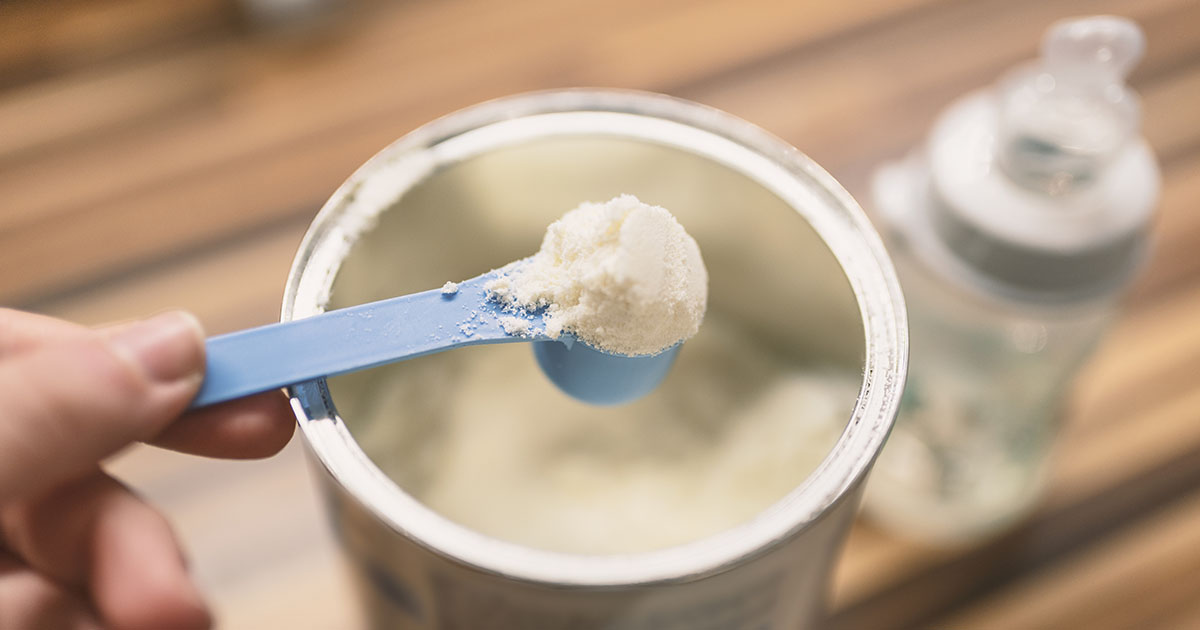We have all felt the economic strain of current inflation and supply-chain shortages. The issues run rampant across the country. It affects Americans at the gas pump, grocery stores, and home improvement shops every day. The manufacturing field has been at the heart of these issues, with business owners, leaders, and workers feeling the devasting effects of higher costs and dwindling sales.
According to numerous news sources, the latest victim is baby formula, a dire necessity for families with newborns and young babies. According to the CDC, nearly one in five babies receive formula within their first two days.
The shortage began with a contamination problem at an Abbott factory that produces most of the Similac formula and several other brands for the U.S. market. Abbott shut down the factory in February, and as of mid-May, it remains closed. The contaminated formula was linked to two infant deaths.
This is the worst baby formula shortage in decades, and this crisis shows that all Americans, not just those within the manufacturing industries, are being impacted by supply chain disruptions. Furthermore, this shortage is hurting the most vulnerable in our society.
Not only are infants being affected, but the elderly, disabled, and economically disenfranchised are as well. As noted from sources, about 2,000 Americans have a severe metabolic disorder that amino acid formula is their only means of survival.
According to CDC survey data, people living at and below the poverty line are most likely to have supplemented with formula in the first three months of their baby’s life.
Two of our esteemed customers, Nature’s One and ByHeart, are amid the current infant formula shortage. These companies have addressed the crisis by ramping up production to address this challenge.
ByHeart Co-Founders Mia Funt and Ron Belldegrun told Yahoo Finance Live, “This is an unprecedented time in the industry,” Funt said. “It’s changing day to day, hour to hour.” As a mom of three, including a ten-month-old, she added, “We’re so proud at this time that ByHeart can show up for parents as only one of five infant formula manufactures in this country, to do everything we can to support babies with the highest quality infant formula, today and moving forward.”
ByHeart has opened its manufacturing plant to be open 24-hours-a-day, seven-days-a-week. Belldegrun added new customers have spiked to levels pacing at 15 times their most aggressive yearly projections.
“Last week, we did three months of customers alone,” he said.
The U.S. produces 98% of baby formula consumed, the remainder from imports. Even more concerning for low-income parents, about 50% of formulas purchased through WIC benefits. ECI clients like ByHeart are stepping up to provide life-line support to infants and parents in need.
As a company, ECI is proud to partner with those who are making everyday living easier for all Americans.

